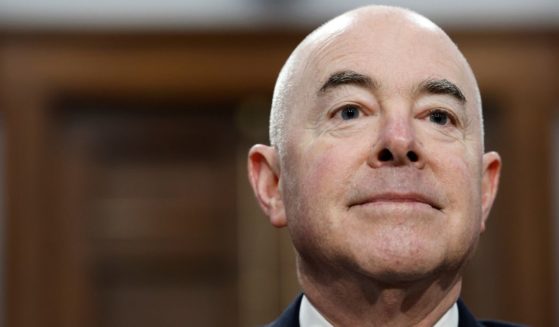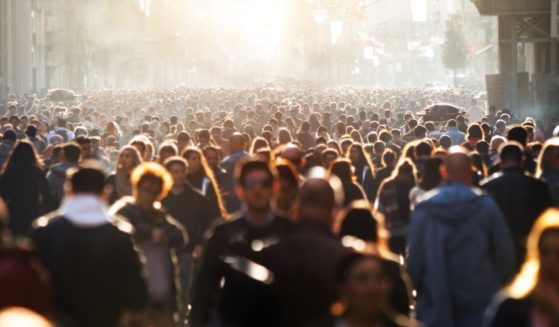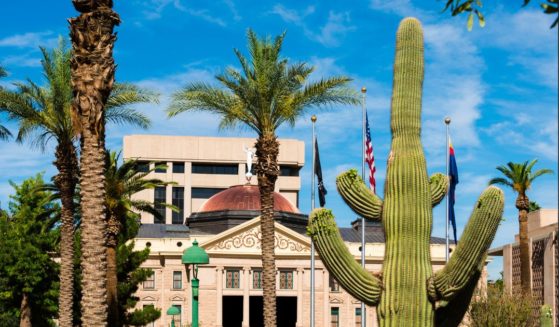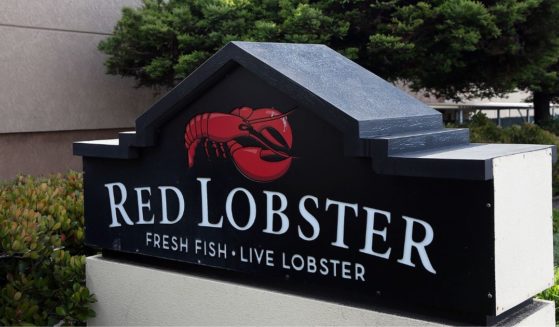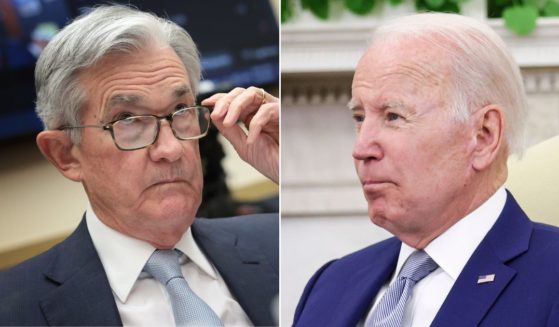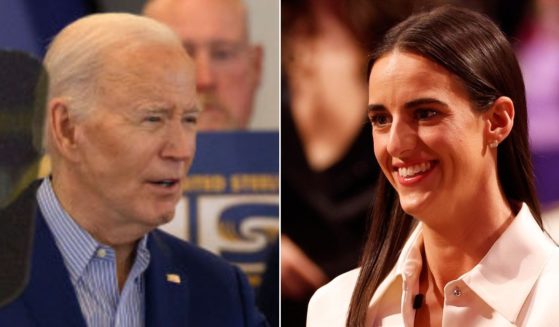Market Flooded with Counterfeit Straws After Blanket Ban in Liberal Cities
As bans on plastic straws proliferate, the business of making reusable straws is booming. But one company that wants to sell collapsible steel straws says the competition to market the straws is leading to a flood of counterfeits.
In April, a company called FinalStraw started a Kickstarter campaign to produce a reusable, collapsible, stainless steel straw that consumers could reuse. The company is hoping that its product will appear on Amazon and other shopping sites in November.
As reported by The Independent, the effort was a quick success, surpassing its goal within 24 hours.
Now, other producers are flooding the market, leaving FinalStraw a step behind.
Emma Cohen, the company’s co-founder, complained about what she called counterfeit straws in an interview with BuzzFeed News. The site reported that straws were being sold online using FinalStraw’s promotional images, and that they were selling for about half of the $20 price from FinalStraw.
“The whole purpose was to reduce waste,” Cohen said, saying the cheap knockoffs created a “bigger waste problem.”
She said that consumers who buy a knockoff straw think they are buying her product and then complain to her about the straw failing to meet expectations.
“People are just genuinely confused,” Cohen said. “Some are angry and upset.”
Plastic straws have become a target of environmentalists. Cities such as San Francisco and Seattle are working to ban them, as are outlets such as Disney and Starbucks, Fox News reported.
As a result, the market for the straws “just sort of exploded,” said Cindy Schiff, the founder of GreenPaxx, a shop that sells adjustable silicone straws, according to Time. “I have people daily emailing me saying that they want my straws, they want my straws … it has been challenging to keep up with everything.”
Business people who want to serve those markets are finding that as soon as they come up with an idea, someone else steals it.
“I’ve spent a good amount of profit on lawyers’ fees,” said Schiff, who said she holds a patent on her design. “It’s exciting that people are on board, but it’s disheartening that people are copycatting.”
The global market means worldwide opportunities for copycatting. A search of the internet, for example, turns up competition from “The Final Straw,” a Singapore-based company selling reusable straws.
In a marketplace awash with knockoffs, consumers are urged to be careful with what they buy, David Abbate of Homeland Security Investigations told WCTV.
“It’s coming in. It’s usually coming from China and it may or may not be what the consumer thinks it is. And if you’re ingesting something that you don’t know what it is or against doctors’ orders, it could be very harmful,” Abbate said.
“The biggest and basic issue is if it looks too good to be true, it probably is,” he added.
Although FinalStraw offers metal as the solution, others think that the old standby of a paper straw is better, Time reported.
Although it might seem that the plastic straw has met its end, Keith Christman, managing director for plastic markets for the American Chemistry Council, said the industry will not give up without a fight, according to National Geographic.
“What we really need is good waste management structure in countries that are the largest source of this challenge,” he said. “Rapidly developing countries in Asia don’t have that structure.”
Christman also warned of “unintended consequences,” saying that by changing consumer behavior, a law intended to protect the environment could lead to a different form of trashing the planet.
As one commentator noted, it was consumer behavior that triggered the explosion of plastic straw use.
“Ten years ago, straws weren’t everywhere. It used to be at a bar, you’d get a straw. Now you order a damn glass of ice water and they put a straw in it,” said Douglas Woodring, founder of the Ocean Recovery Alliance, a Hong Kong-based group trying to reduce ocean trash. “Part of it, I suspect, came from people’s fear of germs.”
“All of a sudden, straws propagated. Then consumers took them for granted that they had to have their straw, even though most don’t need it.”
Truth and Accuracy
We are committed to truth and accuracy in all of our journalism. Read our editorial standards.


